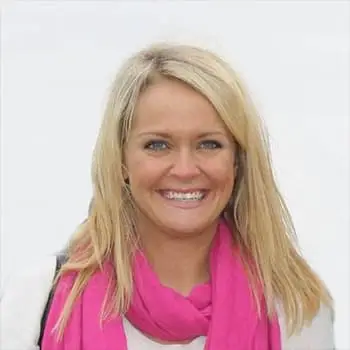Some states, including Florida, are starting to see progress in their efforts to reduce opioid epidemic death rates.
In the United States in 2017, there were more than 70,200 drug overdose deaths. That made for an age-adjusted rate of 21.7 deaths per 100,000 people. Among these deaths, 47,600 involved opioids, with the sharpest increases in deaths stemming from the use of fentanyl and other synthetic opioids. In Florida, in 2017, the rate of drug overdose deaths went up nearly six percent from 2016. The rate of deaths in Florida was higher than the national average at 25.1 per 100,000. Florida health care providers wrote 60.9 opioid prescriptions for every 100 people in 2017 as well.
Now, there may be a turning of the tide in Florida’s battle against the opioid epidemic. The interim report from the Medical Examiner’s Commission in Florida showed that during the first half of 2018, drug-related deaths in the state were down five percent. Opioid-related deaths were down 13% from 2017. While there was good news from the report, there were some mixed elements as well. For example, deaths related to fentanyl appeared to be up 64%.
There have been moves at the state and national level to curb overdose deaths and in particular, deaths stemming from the effects of the opioid epidemic. President Trump declared the opioid epidemic a national emergency in 2017, and Florida Governor Ron DeSantis recently announced the creation of the Task Force on Opioid Drug Abuse.
Florida’s Approach to Addiction Numbers
There have been different ways Florida is approaching the opioid epidemic. For example, before Florida Attorney General Pam Bondi left office, she charged CBS and Walgreens with racketeering and distributing what was described as an unreasonable amount of opioids from their pharmacies. Bondi added these companies to Florida’s lawsuit against many of the makers and sellers of pain medicines. The lawsuit against opioid companies alleges they have made “unconscionable efforts” to increase the supply and demands of opioids in the state.
Treatment Can Be Life Changing. Reach out today.

The Florida state lawsuit makes the assertion drug companies misled doctors to get them to overprescribe opioids. It also alleges pharmacies knowingly dispense more opioids than what was needed.
There was the creation of something called the “Opioid Working Group” or OWG in Florida, as well. The OWG developed an overview of the current programs in Florida that help combat the opioid epidemic and opioid addiction in the state and then provide recommendations to do more. The OWG created recommendations in three different categories, which were prevention and education, enforcement, and treatment and recovery. Some of the specific recommendations made by the OWG include:
- Creating a real-time dashboard and surveillance system for opioid overdose death rates, opioid overdose locations and other relevant data
- Providing resources at the local level for victims, family and friends
- Educational programs for school-age children
- Holding drug take-back days but also putting in-place year-round prescription drug drop boxes
- Universal screenings for pregnant women for substance use disorder
- More training for law enforcement agencies and first responders
- The use of screening tools in medical centers including primary care centers
- Expanded short- and long-term residential treatment programs
- Expansion of medication-assisted treatment through the state
If you are seeking help with opioid addiction or any substance addiction, please contact The Recovery Village Palm Beach at Baptist Health to learn more about evidence-based programs.










